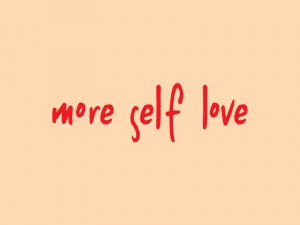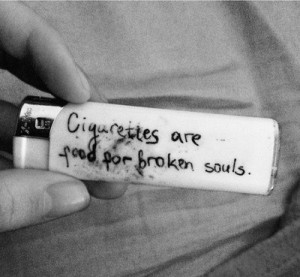Q: How many sessions does it take?
On average, every new client asks this question off the bat, wanting to know “how many sessions” it will take to fully treat them.
Here is my answer: it depends.
How badly do you want change? How much work are you willing to put in? What will you sacrifice to better yourself? How honest are you willing to be with me and with yourself? If you can see yourself becoming your personal best, then that’s what you will be. My goal is to help you unleash your true potential.
Q: Will I still be in control of what I think, say, and do?
The answer is: Yes!
I am not a magician. I cannot make you do what you do not want to do.
There will be no clucking like a chicken, sharing your credit card information, or robbing of banks. Yes, hypnosis puts you in a trance, but not the kind you’ve seen on television. Hypnosis helps you focus. While under hypnosis, you are totally aware of your surroundings and your thoughts. The information you share in an hypnotic trance is in relation to the topic we’re dealing with. We tend to be creatures who live from a place of self-preservation, and because of this, we approach the things that hurt us, scare us, or threaten us with caution and honesty. Hypnosis allows you to feel secure enough to unlock those places so healing can happen.
Q: How long will my progress last?
I am pleased to tell you that your progress will last a life time.
Again, all factors depend on your willingness to change. Should you choose to return to your habits, you will return. The affects of hypnosis are long term, but I do require that you see me for a follow up appointment once a year. This appointment is to ensure that you are on the right track. If you aren’t, your follow up appointment will be used to re-establish healthy exercises. But if you find yourself constantly meeting your goals, then your follow up session will be used to try new exercises, set new goals, and celebrate your new life and mind.
If you any questions you would like answered on the next “Big Q’s! Real answers” blog, please feel free to leave a comment or email me at errogluck@gmail.com.


 On the other side of the spectrum, some see something they want and experience resentment because it isn’t theirs. Their jealousy never forms into self-motivation. In fact, it becomes an all consuming fire. Their negative thoughts grow fixated on the things they don’t have, magnifying it to something incontrollable and bigger than themselves.
On the other side of the spectrum, some see something they want and experience resentment because it isn’t theirs. Their jealousy never forms into self-motivation. In fact, it becomes an all consuming fire. Their negative thoughts grow fixated on the things they don’t have, magnifying it to something incontrollable and bigger than themselves. Some people are unhappy because of a bio-chemical imbalance. Somewhere down the line, they’ve compromised themselves, or they’ve entered a structure (relationship, contractual agreement, or professional position) that has forced them to live a life that’s contrary to their inner self. These people could potentially suffer from mild, chronic, or acute unhappiness. Chronic unhappiness potentially directs its host to a life of avoidance by means of addiction while acute unhappiness forces its host into a world of depression.
Some people are unhappy because of a bio-chemical imbalance. Somewhere down the line, they’ve compromised themselves, or they’ve entered a structure (relationship, contractual agreement, or professional position) that has forced them to live a life that’s contrary to their inner self. These people could potentially suffer from mild, chronic, or acute unhappiness. Chronic unhappiness potentially directs its host to a life of avoidance by means of addiction while acute unhappiness forces its host into a world of depression. Addiction, contrary to what is thought, can be a learnt behavior. In a family where words are kept behind glasses of Bourbon, there’s a chance drinking could occupy the space reserved for conversation. Drugs are used for coping with the stress of family, work, identity, and everyday life. Addictions are a physical manifestation of an inner mewing. For many addicts, the use of drugs was a form of self-medication, but mutated into self-mutilation.
Addiction, contrary to what is thought, can be a learnt behavior. In a family where words are kept behind glasses of Bourbon, there’s a chance drinking could occupy the space reserved for conversation. Drugs are used for coping with the stress of family, work, identity, and everyday life. Addictions are a physical manifestation of an inner mewing. For many addicts, the use of drugs was a form of self-medication, but mutated into self-mutilation.